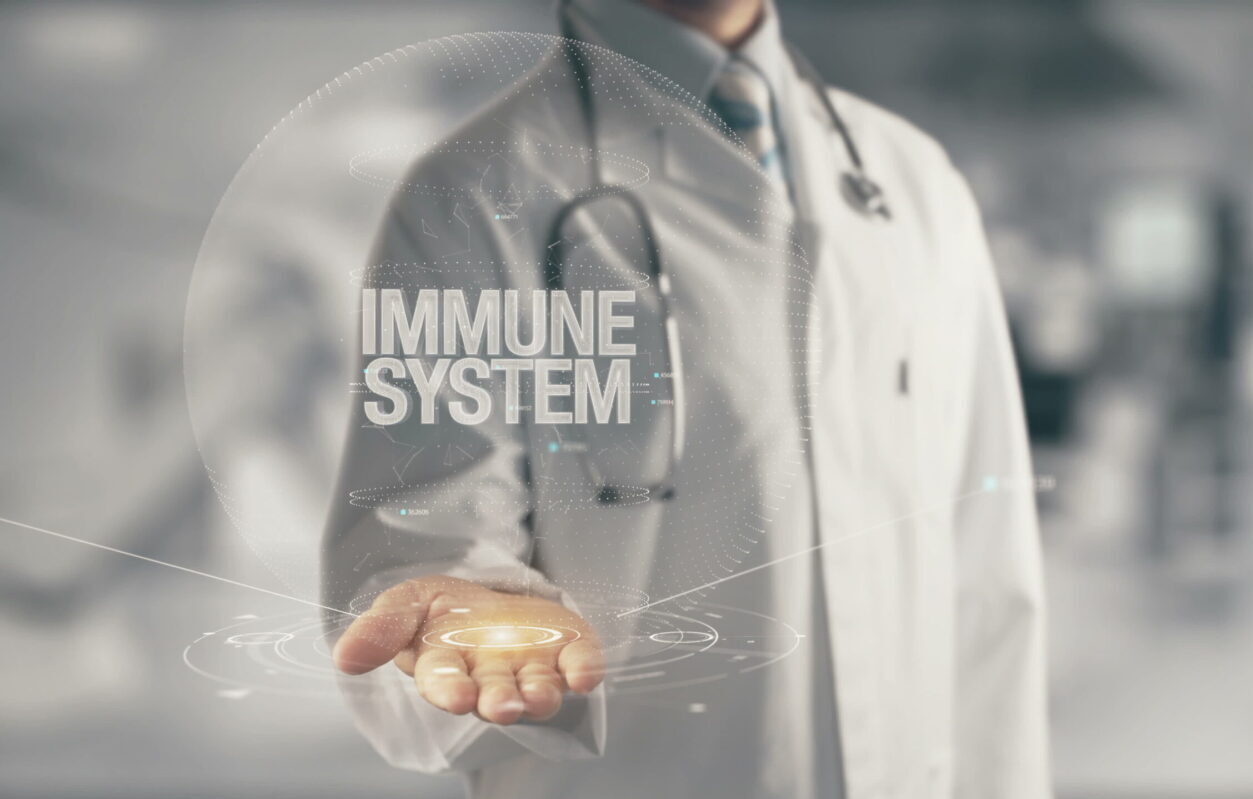Think of your immune system as an army that protects your body. It’s constantly guarding against invaders (viruses, bacteria), and if you didn’t have it, you would always be sick.
So what happens to people when their immune systems don’t work as they should?
WellTuned spoke with Dr. Susan Owensby, a family medicine physician and medical director for BlueCross BlueShield of Tennessee, to find out.
What is an immune system disorder?
Dr. Owensby: Your immune system is made up of physical barriers (skin, hair) and cells (proteins, chemicals) that work together to keep your body protected from invasion by pathogens (germs). Immune disorders happen when your immune system is not working as it should.
Some immune system disorders are related to where you live. For example, in the Tennessee Valley, ragweed and pollen allergies are common examples. Other disorders, such as rheumatoid arthritis or diabetes, occur more often in certain groups due to genetics.
But all immune system disorders are caused by an under- or overreaction of your immune system.
Common underreactions include:
- Not recognizing an infection
- Getting a disease that weakens your immune system (acquired immune deficiency)
- Being born with a weak immune system (primary immune deficiency)
Common overreactions include:
- Having an immune system that is too active (allergic reactions)
- Have an immune system that turns against you (autoimmune disease)
What are common immune system disorders?
Dr. Owensby: Asthma, eczema and allergies are all examples of diseases that arise from an overactive immune system. Substances in the air — pollen, smoke, pollution — trigger a response from our immune system, such as a runny nose, itchy skin or tightened airways.
Disorders caused by a weakened or absent immune system would include:
- HIV/AIDS is an acquired disease that destroys white blood cells, which identify and fight infection in a healthy person
- Severe combined immunodeficiency (SCID), which is a condition you’re born with that leaves people susceptible to infection because the body lacks white blood cells
There are also temporary periods of weakened immunity when the body may be more prone to illness, such as during pregnancy or chemotherapy. Once these periods have passed, your immune system should return to fully functioning status.
What are the signs of immune system disorders?
Dr. Owensby: Symptoms vary based on the disorder, but often they include:
- Hair loss
- Fatigue
- Changes in skin
- Unexplained weight loss or weight gain
- Chronic infections
- Serious infections caused by things that don’t cause serious infection in a healthy person (ex. allergic reactions)
What’s the difference in an immune system disorder and an autoimmune disease?
Dr. Owensby: An immune system disorder is one where the body cannot or does not identify an external pathogen as dangerous.
An autoimmune disorder is one where the body identifies itself as a potential threat, which triggers the immune system to attack normal tissues.
Autoimmune diseases affect approximately 8% of the population, 78% of whom are women
Common autoimmune disorders include:
- Alopecia areata (body attacks hair follicles in the growth phase)
- Psoriasis (skin cells are produced too quickly, causing plaque and patches)
- Rheumatoid arthritis (system attacks its own joints and tissues)
- Type 1 diabetes (system attacks cells in the pancreas that make insulin)
- Hashimoto’s Thyrotoxicosis (destructive inflammation damages the thyroid)
- Crohn’s disease (digestive tract becomes inflamed)
- Multiple sclerosis (the central nervous system is damaged)
- Lupus (system attacks body tissues, including the lungs, kidneys and skin)
In some cases, we don’t know exactly what triggers autoimmune diseases, but healthcare providers have many ways to manage them, so contact yours if you have concerns.
More about the immune system from WellTuned
Get more information about specific health terms, topics and conditions to better manage your health on bcbst.com. BlueCross BlueShield of Tennessee members can access wellness-related discounts on fitness products, gym memberships, healthy eating and more through Blue365®. BCBST members can also find tools and resources to help improve health and well-being by logging into BlueAccess and going to the Managing Your Health tab.


